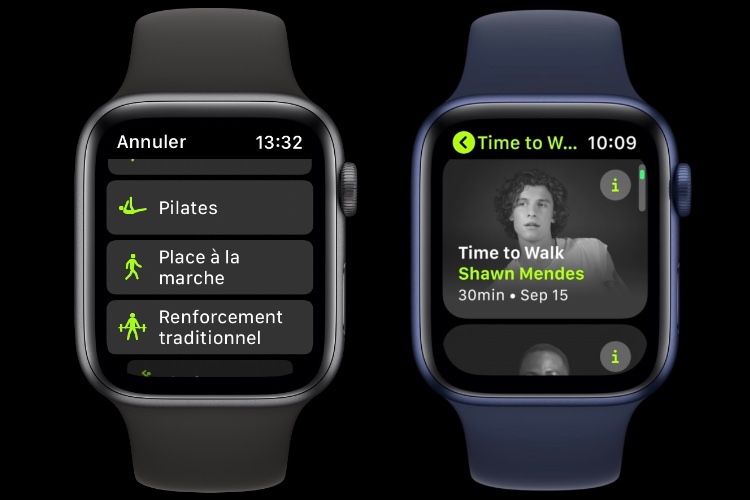While the distress among healthcare workers is reaching new heights, the psychological help offered to them by the government through the Employee Assistance Program (EAP) remains virtually unused.
In May, Minister Danielle McCann released $ 14 million to “protect the psychological health of our guardian angels”. The funds would allow the network to offer three additional psychological support sessions to employees, in addition to the regular program.
However, nine months later, the funds have hardly been used. A paradox that leaves more than one perplexed, including the Minister for Health and Social Services, Lionel Carmant. This week, he took advantage of the presence of experts at his consultation on mental health and the pandemic, to question them on this subject.
“We improved our assistance program for the health and social services network. Unfortunately, the observation is that this bonus has served very little, not to say served for nothing, ”he said. “Is it just because it’s taboo?” “
Yes, replied Manon Poirier of the Order of approved human resources advisers. “There is still some reluctance of employees to use it.” People, she said, fear that what they are going to say will be “shared” because the program is “associated with the employer.”
The EAPs are in fact financed by the health establishments and are offered by external consultants. According to our information, the basic program would comprise on average four or five sessions of “psychological support” to which were added the three sessions promised in May.
Mistrust
All stakeholders to whom The duty spoke mentioned that the programs were mistrustful. “The omerta still exists,” argues Judith Huot, vice-president of the CSN’s Federation of Health and Social Services.
She also wonders if “it is well publicized”, with posters “in the break rooms”. But more generally, she believes that by offering a “maximum number of sessions”, we disqualify a lot of people. “When you need a good follow-up, it takes more than a few sessions. It is rather in terms of months that it happens. “
Mme Huot is not alone in suggesting that EAPs are not fit for purpose.
“EAPs specialize in problems related to work and labor relations. […] If you have acute stress or a major depressive episode, they will not treat it with three meetings, ”argues the president of the Order of Psychologists, Christine Grou.
On the side of the nursing unions, we recognize that the low use of the program is surprising. Moreover, when members ask the union for help in mental health, they are normally referred to employee assistance programs, confirms Lynda Lapointe, vice-president of the Interprofessional Health Federation (FIQ).
But we should not conclude from this that nurses are less in distress than they say. “Of course there is no connection,” she said.
Lack of time
“Me, I think the distress was so great [en partant] that these are not more sessions that would solve their problem, ”she says. “It’s like putting a bandage on a hemorrhage.” The distress of health personnel is “documented”, underlines Christine Grou in this regard. “The fact that people don’t use the EAP doesn’t mean they’re not that bad. “
Beyond fear of the boss and confidentiality issues, many people are still embarrassed to say that they have mental health problems, even in the health network, according to one of the experts who was participating in this week’s consultation. “There is still a lot of stigma around this,” said Jean-Pierre Brun of the Center of Expertise in Occupational Health and Safety Management at Laval University. “In our surveys, 50% of people tell us that they do not dare to declare their psychological state of health, they are afraid. There is still a stigma. “
Time must also be taken into account, argues Christine Grou. “Health professionals are in great demand today. […] In terms of time, they still need to have time to consult. “
For many, the time to take care of oneself is therefore postponed, notes Judith Huot. “I’m not sure they realize they need it. Adrenaline has a lot to do with it ”. In his opinion, it is when the crisis is over that the demands will multiply.
–


